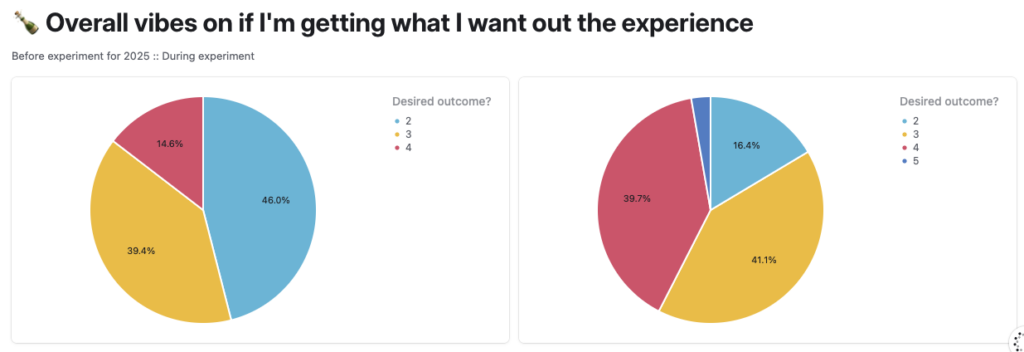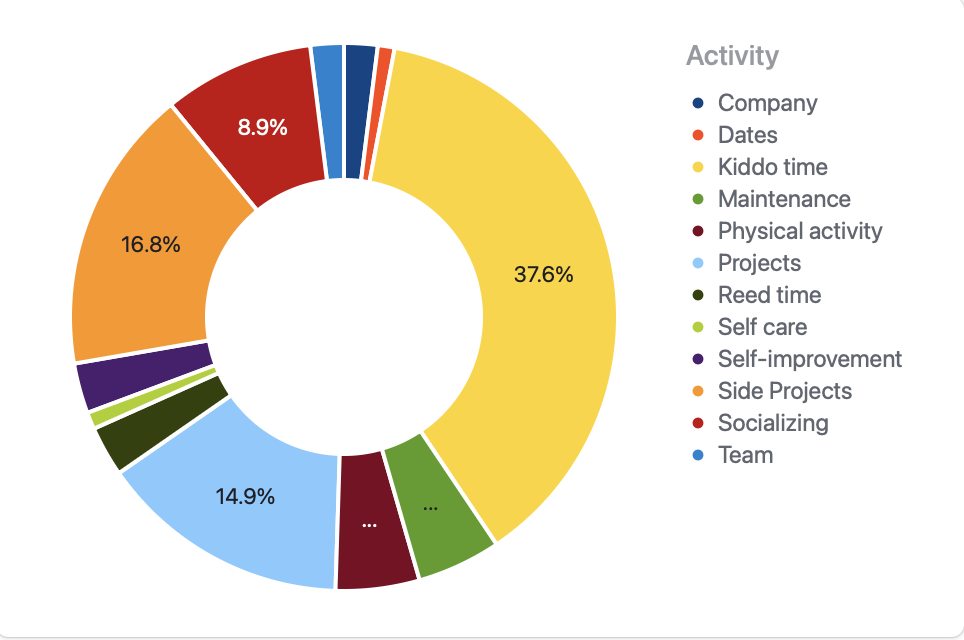I’ve now been at GoFundMe for 30 days! Hooray! In an act of reestablishing how I like to learn and share, I asked if I could write blog posts about my experiences in learning to manage, and got a thumbs-up. Here’s what I’ve gotten up to!
Setting up support
There are a bunch of lovely folk in my life who I respect who also manage. I have put them into a Signal thread where I can ask questions. Yes, they’re all pretty spicy and I’m worried about the fights that might happen. Yes, also I have slept with all of them. Yes, it’s already proven pretty invaluable.
I also asked explicitly for a mentor at GFM who’s established there and could counter balance what I have blind spots in. I’ve been set up with someone and we’re off to a good start.
Read a fucking book
There’s a lot to read out there (and I’m making my way through a fair amount of it, mostly recommended by an infosec Slack I’m in), but I also wanted a focused book for this time. My brother recommended The First 90 Days and it’s been REALLY good so far. The parts that are useful are really useful, the parts that are less useful are easy to skip over.
So far, I’ve learned to separate out focus areas into political, cultural, and technical things, and to check in with those around me about which lane I should be focused in most. I’ve also learned to think about if folks are better at sustaining or being a hero, and at what stage of a business. This is all helping as I get to know new folks, I can plug them into my little database of people.
Get to know the people
I’m not just paying attention to the folks that report to me, or the people further up in the chain. I’m also getting to know peers near and far. As we talk, I ask each person if there’s anyone else I should be talking to. Sometimes they have someone not already on my list, but often not. I take notes and structure the data so we can start our next conversation in a more advanced place. Plus, it’s way better to say hello to someone BEFORE something is on fire.
Hack my own tendencies
The first while at a new job should be about learning the terrain and people. Learning what not to step in. Learning root causes to what might seem like disparate problems.
Problem is, if I don’t have a thing to do, I will FIND something to do, and that’s not great for this period of onboarding. So I have found a low-stakes project that touches a lot of what I’m getting up to, plus some interactions with nearby teams, in order to give me a thing to focus on while I move more slowly elsewhere. You probably guessed this, but I’m organizing our documentation and starting to come up with a stronger onboarding story.
Start to make a plan
I’ve started laying out where I think we are, and where I think we can get to next. I’m waiting to bring this to my reports until I have it pretty well dialed in and have broad categories in place. I want a strong story to tell. But I am testing bits and pieces for readiness and accuracy in most conversations I’m having, regardless of with who.
I’m excited! This seems to be really promising.



